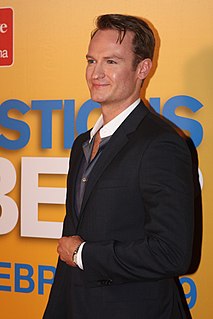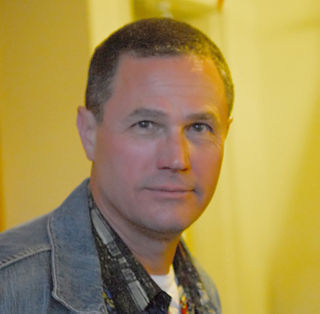A Quote by Karin Slaughter
I thought I had to write literature and add my name to the list of great Southern storytellers. Fortunately for me, no one wanted to read any of those stories. They got rejected by everyone. Sometimes, I would get a note saying they liked the writing, but the story simply didn't work.
Related Quotes
By Cunning & Craft is a masterpiece of writing about writing. If, like Scheherazade, you had to spin out a story under threat of death, this is the how-to book to read. It's filled with thoughtful, nuanced advice from a teacher/writer who actually writes, and writes beautifully and with great humor. The list of rejected stories is worth the price of the whole book.
Yes, I get dry spells. Sometimes I can't turn out a thing for three months. When one of those spells comes on I quit trying to work and go out and see something of life. You can't write a story that's got any life in it by sitting at a writing table and thinking. You've got to get out into the streets, into the crowds, talk with people, and feel the rush and throb of real life-that's the stimulant for a story writer.
One of the more popular activities was “Talk-O-Matic”. Five people at a time could write messages, and read each other's messages, on the same screen. Today, Internet chat rooms work on the same principle. One of the remarkable new features of this page was that you could log in with an invented name, and pretend you were anyone you wanted - any name, any age, any gender. One favorite trick was to log in using the name of someone else already logged into the page, simply to confuse everyone else.
If you can imagine the story of the world as a giant movie, to not have some understanding of the Bible - its story, its history, and its impact - would be like watching a great movie and removing part of the plot. It can't be done. The real truth is that everyone regardless of faith tradition benefits from knowing and understanding these aspects of the Bible. It enhances one's knowledge of literature, science, art etc. It's difficult to read any classic work of literature for instance and not see biblical allusions.
I started writing the book without realizing I was writing a book. That sounds stupid, but it's true. I'd been trying and failing to make a different manuscript work, and I thought I was just taking a break by writing some short stories. I'm not a very good short story writer - the amazing compression that is required for short stories doesn't come easily to me. But anyway, I thought I'd try to write some short stories. And a structure took shape - I stumbled upon it.
I had wanted to be a novelist for so long, but I didn't have a story. That story came from the death of my father, and wrestling with how to help my mother. Writing it allowed me to work through my fears, frustrations and desires. I wanted control over the situation. And I wasn't sure I would have any in real life.
Nobody knows what will work until they try it. Some of comics' biggest success stories in recent years have explored subjects that no one was writing about at the time - stories no one had any reason to think would succeed. My advice? Write what you want to read. You'll have more fun doing it - and if all else fails, you'll always have at least one loyal reader.
I kept writing short stories and sending out my manuscript, and it kept coming back like a bad penny. It was rejected all over town, quite often in very complimentary terms, but rejected nonetheless. Agents would return it saying that they loved it but didn't think they could sell it, or they would ask if I could change the collection into linked stories.






































